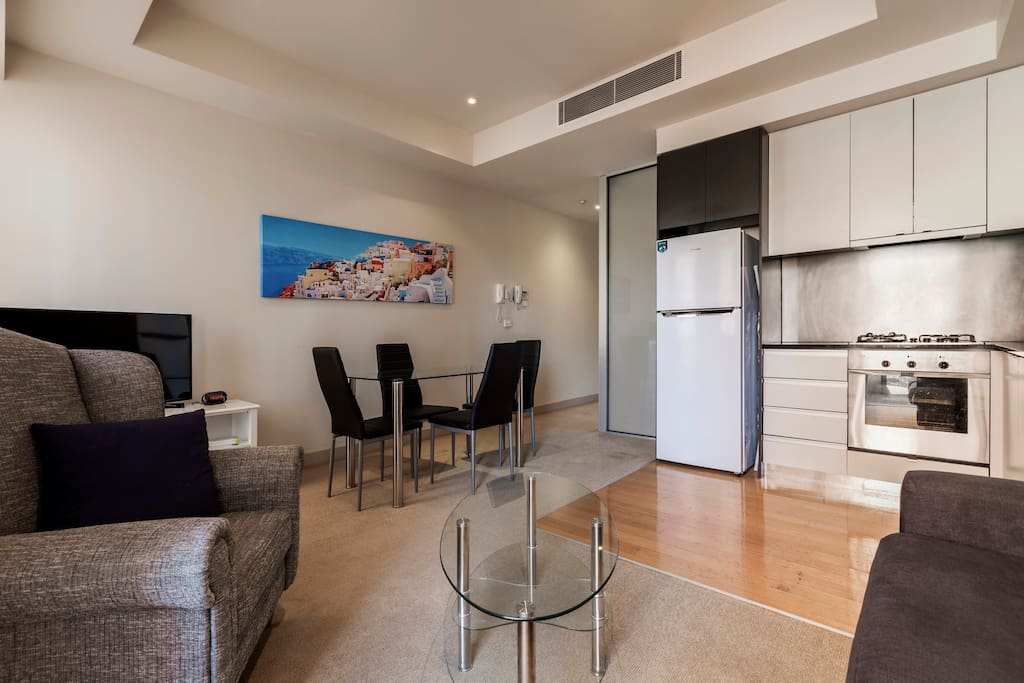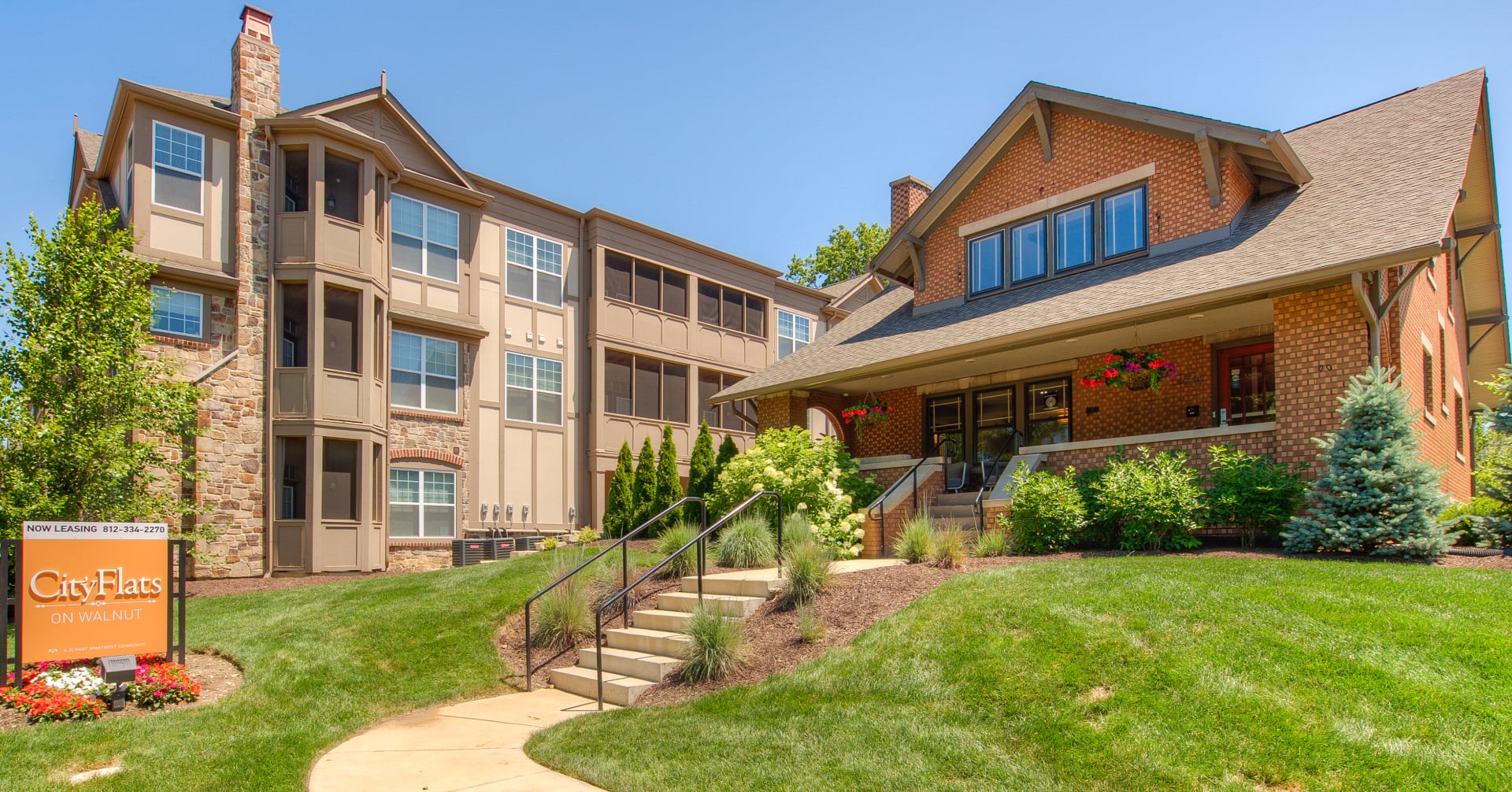Origin of ancient roman insula. Rita church (17c) abutted it.
Apartment Blocks In Ancient Rome, Rome grew to have a massive population of some 800,000 to 1 million people and so the insulae were designed to cope with a denser population. Landlords would rent out the very bottom spots to.

Insulates were often dangerous, unhealthy, and prone to fires. The insulae, often consisting of six to eight apartment blocks built around a staircase and central courtyard, housed poor workers who couldn’t afford a traditional domus or house. The ground floors were used by shops and businesses while the upper floors were rented as living space. Insulae a government ruled by three people with equal power describes which word?
Roman tenements were called insulae, or islands, because they occupied whole blocks, with the roads flowing around them like water around an island.
Cities like rome and ostia are unusual in the ancient world—their large and concentrated populations required solutions like the apartment block. It is located at the base of th. This article deals with the former definition, that of a type of building. In large cities such as rome, apartment blocks as high as five stories (or even more, before the emperor augustus imposed housing regulations) were built, divided into many rooms. Poor romans lived in insulae. What name was gives to the tall apartment blocks that housed the poor in ancient rome?
 Source: pinterest.co.uk
Source: pinterest.co.uk
Remains of an ancient roman apartment block from the early 2nd century ad in ostia. Either a kind of apartment building, or a city block. Rita church (17c) abutted it. Poor romans lived in insulae. These apartments were called so because they were surrounded by streets on all four sides.
 Source: ar.pinterest.com
Source: ar.pinterest.com
Rome grew to have a massive population of some 800,000 to 1 million people and so the insulae were designed to cope with a denser population. Insulae housed most of the urban citizens of rome. How did the poor live in ancient rome? The origin of this insula lies in the second half of the first century bc when there.
 Source: bbc.co.uk
Source: bbc.co.uk
What name was given to the tall apartment blocks that hosed the poor in ancient rome? The apartment block demonstrates the pragmatism and innovation of roman architects who capitalized on their technical proficiency with concrete (opus caementicium). These were impressive buildings for their time: Residents of an insula included ordinary. Insulae housed most of the urban citizen population of ancient.
 Source: pinterest.com.mx
Source: pinterest.com.mx
Residents of an insula included ordinary. Insulae housed most of the urban citizen population of ancient rome�s massive population ranging from 800,000 to 1 million inhabitants in the early imperial period. Insulates were often dangerous, unhealthy, and prone to fires. The trend of the apartment was a result of increasing population in insufficiency of land. Cities like rome and ostia.
 Source: pinterest.ca
Source: pinterest.ca
It is located at the base of th. Roman tenements were called insulae, or islands, because they occupied whole blocks, with the roads flowing around them like water around an island. These apartments were called so because they were surrounded by streets on all four sides. This apartment building is rome’s best preserved and most visible insula, dating to the.
 Source: reddit.com
Source: reddit.com
Rita church (17c) abutted it. Very few ruins remain of what we would now call flats or apartment blocks, but to our ancient roman counterparts, these buildings would have been known as insula, the latin word for ‘island’. What name was gives to the tall apartment blocks that housed the poor in ancient rome? Insulae housed most of the urban.
 Source: pinterest.com
Source: pinterest.com
It is located at the base of th. Rome grew to have a massive population of some 800,000 to 1 million people and so the insulae were designed to cope with a denser population. In the city of ancient rome, only the wealthy could afford to live in a domus—in this case, house, like a mansion. Homes of the poor.
 Source: historycrunch.com
Source: historycrunch.com
Roman apartment buildings could be as high as 5 or 6 floors and measure some 10 metres in length. Insulae housed most of the urban citizens of rome. Insulae housed most of the urban citizens of rome. What name was given to the tall apartment blocks that hosed the poor in ancient rome? The ground floors were used by shops.
 Source: pinterest.com
Source: pinterest.com
In ancient rome, the insulae (singular insula) were large apartment buildings where the lower and middle classes of romans dwelled. Roman tenements were called insulae, or islands, because they occupied whole blocks, with the roads flowing around them like water around an island. Residents of an insula included ordinary. Initially, the rectangularly shaped building plots were termed as insula where.
 Source: reddit.com
Source: reddit.com
Five stories are preserved, as are the rooms, butting up against the staircase of the aracoeli church. Origin of ancient roman insula. Insulae housed most of the urban citizens of rome. Roman apartment buildings could be as high as 5 or 6 floors and measure some 10 metres in length. The insulae, often consisting of six to eight apartment blocks.
 Source: pinterest.com
Source: pinterest.com
They were built in timber, mud brick and later, roman concrete. Marketplace in rome city centre the forum cena main meal of the day, in the evening underground cemeteries catacombs aqueduct The origin of this insula lies in the second half of the first century bc when there was too much of pressure for land in the overpopulated cities. How.
 Source: pinterest.com
Source: pinterest.com
High rise flats and apartments. The apartment block demonstrates the pragmatism and innovation of roman architects who capitalized on their technical proficiency with concrete (opus caementicium). Hidden for some 2,000 years, the find will. Rome’s insulae were commonly built with wood and mud construction in their upper sections, rather than the sturdy brick and concrete work familiar from foundations and.
 Source: pinterest.com
Source: pinterest.com
The vast majority of people in the cities lived in apartment blocks that could be up to 6 stories high. These were impressive buildings for their time: Very few ruins remain of what we would now call flats or apartment blocks, but to our ancient roman counterparts, these buildings would have been known as insula, the latin word for ‘island’..
 Source: pinterest.com
Source: pinterest.com
Most people in ancient rome lived in apartment block called insulae ((singular, insula, island). While some were well built, most apartment blocks were constructed with cheap materials. These were impressive buildings for their time: Insulae housed most of the urban citizen population of ancient rome�s massive population ranging from 800,000 to 1 million inhabitants in the early imperial period. High.
 Source: thegreatcoursesdaily.com
Source: thegreatcoursesdaily.com
They were built in timber, mud brick and later, roman concrete. The rome apartments were often in buildings called insulae (sg. Initially, the rectangularly shaped building plots were termed as insula where 6 to 8 apartments’ blocks made up one. What is perhaps most surprising about roman housing is that it appears so similar in style to that of today..

What is perhaps most surprising about roman housing is that it appears so similar in style to that of today. This apartment building is rome’s best preserved and most visible insula, dating to the 2c ad. High rise flats and apartments. Insulae housed most of the urban citizens of rome. The origin of this insula lies in the second half.
 Source: pinterest.com
Source: pinterest.com
Some of these insulae were seven or more storeys in height. The origin of this insula lies in the second half of the first century bc when there was too much of pressure for land in the overpopulated cities. Five stories are preserved, as are the rooms, butting up against the staircase of the aracoeli church. Rome grew to have.
 Source: pinterest.com
Source: pinterest.com
Some of these insulae were seven or more storeys in height. What name was gives to the tall apartment blocks that housed the poor in ancient rome? They were built in timber, mud brick and later, roman concrete. Insulae were made of wood and mud brick and often collapsed or caught fire. Five stories are preserved, as are the rooms,.
 Source: reasontobelieve.blogspot.com
Poor romans lived in insulae. Insulae a government ruled by three people with equal power describes which word? Roman apartment buildings could be as high as 5 or 6 floors and measure some 10 metres in length. These apartments were called so because they were surrounded by streets on all four sides. The insulae, often consisting of six to eight.
 Source: italymagazine.com
Source: italymagazine.com
Roman tenements were called insulae, or islands, because they occupied whole blocks, with the roads flowing around them like water around an island. It was spared destruction in the medieval period because the s. Insulae were made of wood and mud brick and often collapsed or caught fire. While some were well built, most apartment blocks were constructed with cheap.
 Source: goodreads.com
Source: goodreads.com
In large cities such as rome, apartment blocks as high as five stories (or even more, before the emperor augustus imposed housing regulations) were built, divided into many rooms. Insulae were built of wood, mud bricks or concrete. Rome’s insulae were commonly built with wood and mud construction in their upper sections, rather than the sturdy brick and concrete work.
 Source: pinterest.de
Source: pinterest.de
It is located at the base of th. The poor lived on the upper floors which were the least desirable because of the extra stairs and. It was spared destruction in the medieval period because the s. Some of these insulae were seven or more storeys in height. In ancient rome, the insulae (singular insula) were large apartment buildings where.
 Source: hands-up-education.org
Source: hands-up-education.org
Landlords would rent out the very bottom spots to. Roman apartment buildings could be as high as 5 or 6 floors and measure some 10 metres in length. The poor lived on the upper floors which were the least desirable because of the extra stairs and. Initially, the rectangularly shaped building plots were termed as insula where 6 to 8.
 Source: oakparkapartments.com
Source: oakparkapartments.com
While some were well built, most apartment blocks were constructed with cheap materials. In spite of its wealth pompeii had not outgrown its limits as attested by the many large gardens and relatively undeveloped areas to the east of the city, ie availability of space and population density was clearly a strong factor in whether or not apartment blocks were.
 Source: pinterest.com
Source: pinterest.com
Roman tenements were called insulae, or islands, because they occupied whole blocks, with the roads flowing around them like water around an island. The insulae, often consisting of six to eight apartment blocks built around a staircase and central courtyard, housed poor workers who couldn’t afford a traditional domus or house. While some were well built, most apartment blocks were.








